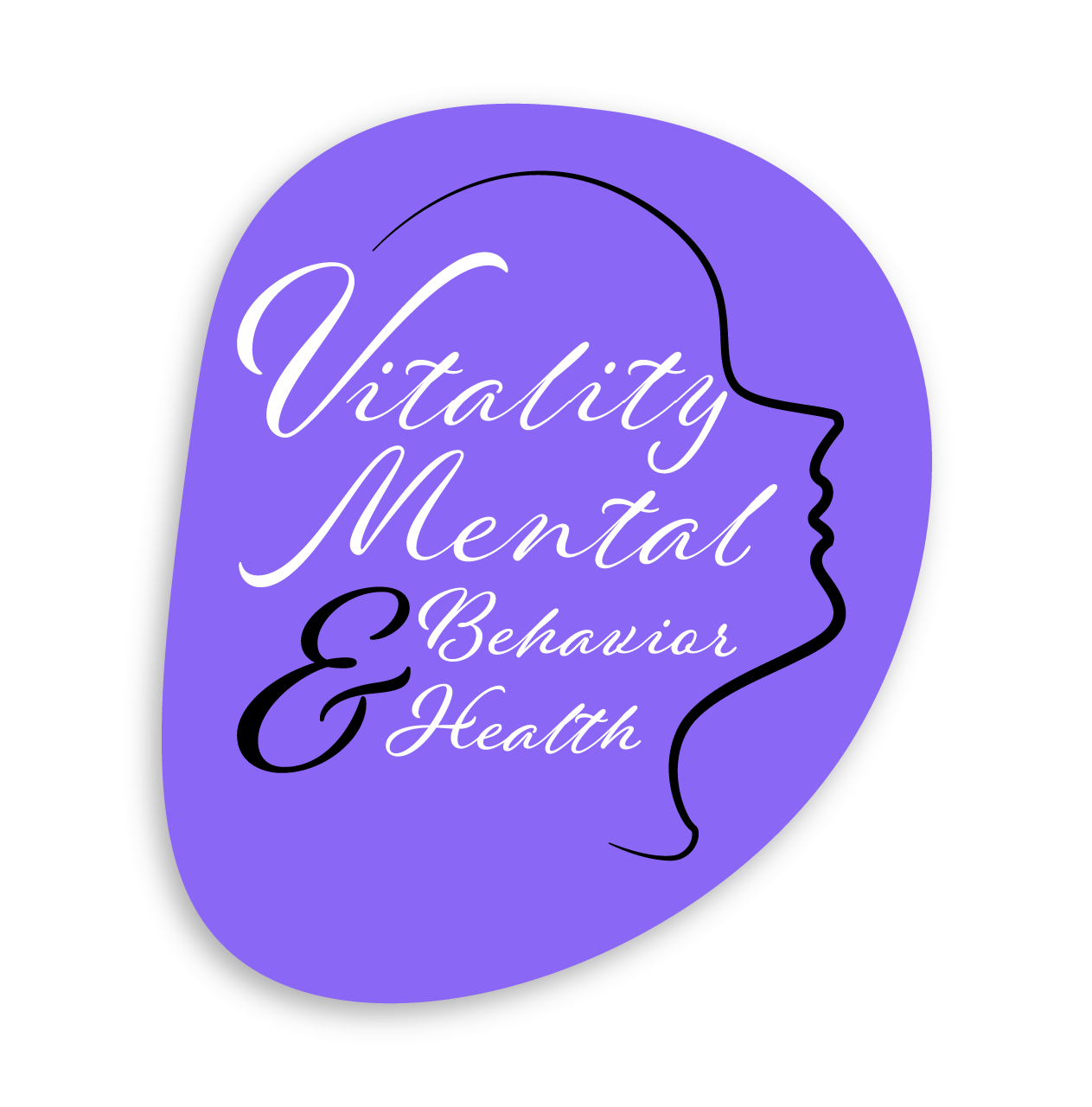Effective Solutions for Dehydration – Vitality Mental and Behavioral Health
Discover effective solutions for dehydration to boost your mental and physical health. Learn practical tips for staying hydrated and enhancing your well-being on vitalitymentalandbehaviorhealth.com.
Dehydration isn’t just about feeling thirsty or having a dry mouth; it’s a deeper health issue that significantly impacts both your body and mind. Surprisingly, even mild dehydration can affect your mental health, leading to symptoms like fatigue, concentration difficulties, and mood swings. In the hustle and bustle of our daily lives, it’s easy to overlook the simple act of drinking water, yet this simple act holds the key to enhancing our mental and emotional wellness.
The Hidden Impact of Dehydration on Mental Health
Water makes up about 60% of the human body and plays a pivotal role in every bodily function, including those of the brain. When we’re dehydrated, our brain tissue loses efficiency, leading to impaired cognitive function, difficulty concentrating, and sluggish thinking. But it doesn’t stop there; dehydration can also trigger stress responses in the body, exacerbating feelings of anxiety and depression. It’s a cycle that’s as concerning as it is preventable.
Easing Into Hydration: Simple Solutions That Work
1. Start Your Day Right: Begin each day with a glass of water. It kickstarts your hydration and gets you on the right track from the moment you wake up.
2. Flavor It Up: If plain water doesn’t excite you, try infusing it with fruits like lemon, lime, or berries. It’s a tasty twist that can motivate you to drink more throughout the day.
3. Eat Your Water: Yes, you read that right! Many fruits and vegetables are high in water content. Snacking on watermelon, cucumber, or oranges can contribute to your daily hydration needs.
4. Set Reminders: In our digital age, setting reminders to drink water is easier than ever. Use your phone or smartwatch to nudge you towards your next glass of water.
5. Choose Herbal Teas: Herbal teas can be a comforting, caffeine-free way to stay hydrated. Whether it’s chamomile to relax before bed or peppermint to invigorate your morning, herbal teas add variety and health benefits.
The Role of Diet in Hydration
Our diet plays a significant role in our overall hydration. Consuming foods with high salt, sugar, or caffeine content can dehydrate us more. On the flip side, incorporating hydrating foods into our diet can support our mental health. Omega-3 rich foods, for instance, not only contribute to our water intake but also support brain health.
Mindful Hydration Practices
Being mindful about hydration means listening to your body’s signals. Thirst is often a late sign of dehydration. Instead, pay attention to other cues, like the color of your urine, which should be light yellow. Adopting a mindful approach to drinking water can transform it from a mundane task to an act of self-care.
Hydration: A Cornerstone of Mental Wellness
In the journey towards mental health and wellness, hydration is a foundational step. It’s about more than just drinking water; it’s about nurturing your body to support your mind. By implementing these practical solutions, you can ensure that you’re not just surviving, but thriving.
Keeping the Flow Going
Remember, staying hydrated is a daily commitment. It’s not about drastic changes but incorporating small, manageable adjustments into your lifestyle. With each sip of water, you’re taking a step towards a healthier, more vibrant you.
Your Hydration Journey Starts Now
Embarking on your hydration journey can be as simple as filling a glass of water right now. It’s an investment in your mental and physical health that pays dividends in clarity, mood, and overall well-being. So, let’s raise a glass to a hydrated, healthier future.
Hydration is a simple yet effective tool in our mental wellness toolkit. By understanding the link between hydration and mental health and adopting practical solutions, we empower ourselves to live more fully. At Vitality Mental and Behavioral Health, we’re committed to providing you with the resources and support you need on your wellness journey. Remember, every drop counts in the ocean of mental health and well-being.
Do you have any specific hydration tips that work wonders for you? Share them in the comments below! Let’s create a ripple effect of wellness together.
FAQs About Hydration and Mental Health:
- How much water should I drink a day for optimal mental health?
- While the “8×8” rule (eight 8-ounce glasses of water per day) is a good starting point, individual needs vary. Listen to your body and adjust accordingly.
- Can dehydration affect my mood?
- Absolutely. Dehydration can lead to feelings of irritability, anxiety, and depression.
- Are there any signs of dehydration I should watch out for?
- Beyond thirst, look out for dry mouth, fatigue, dark urine, and headaches.
We hope this blog post has inspired you to make hydration a priority in your daily routine. Remember, taking care of your body is taking care of your mind. Stay hydrated, stay healthy!



0 Comments